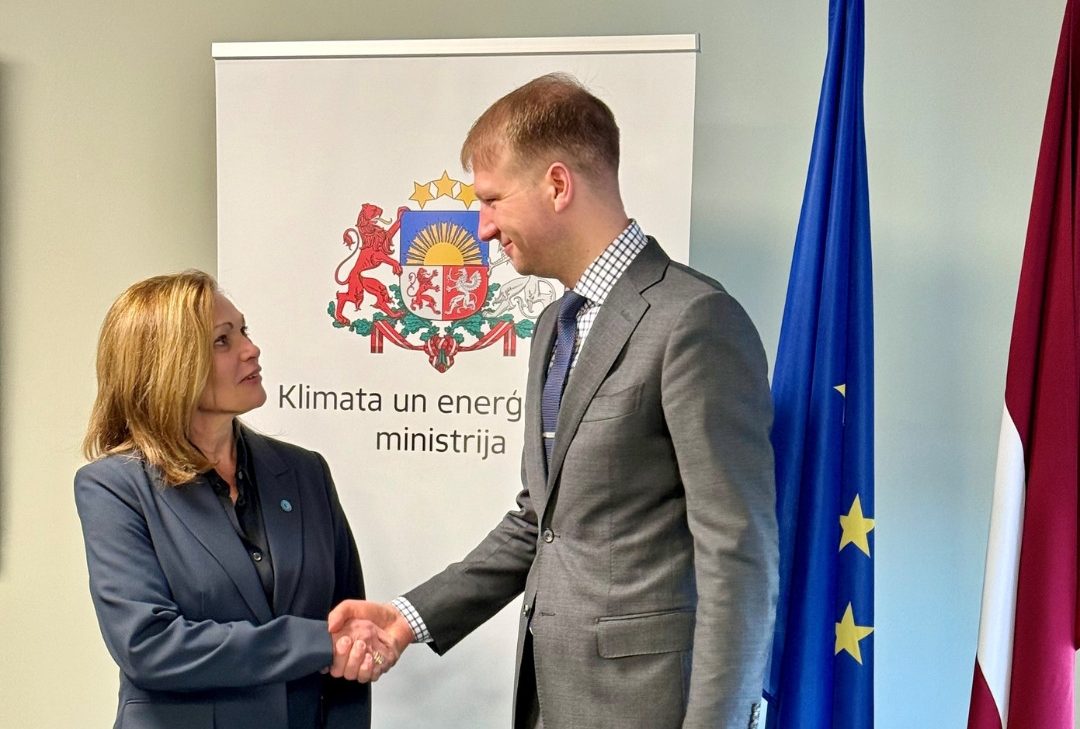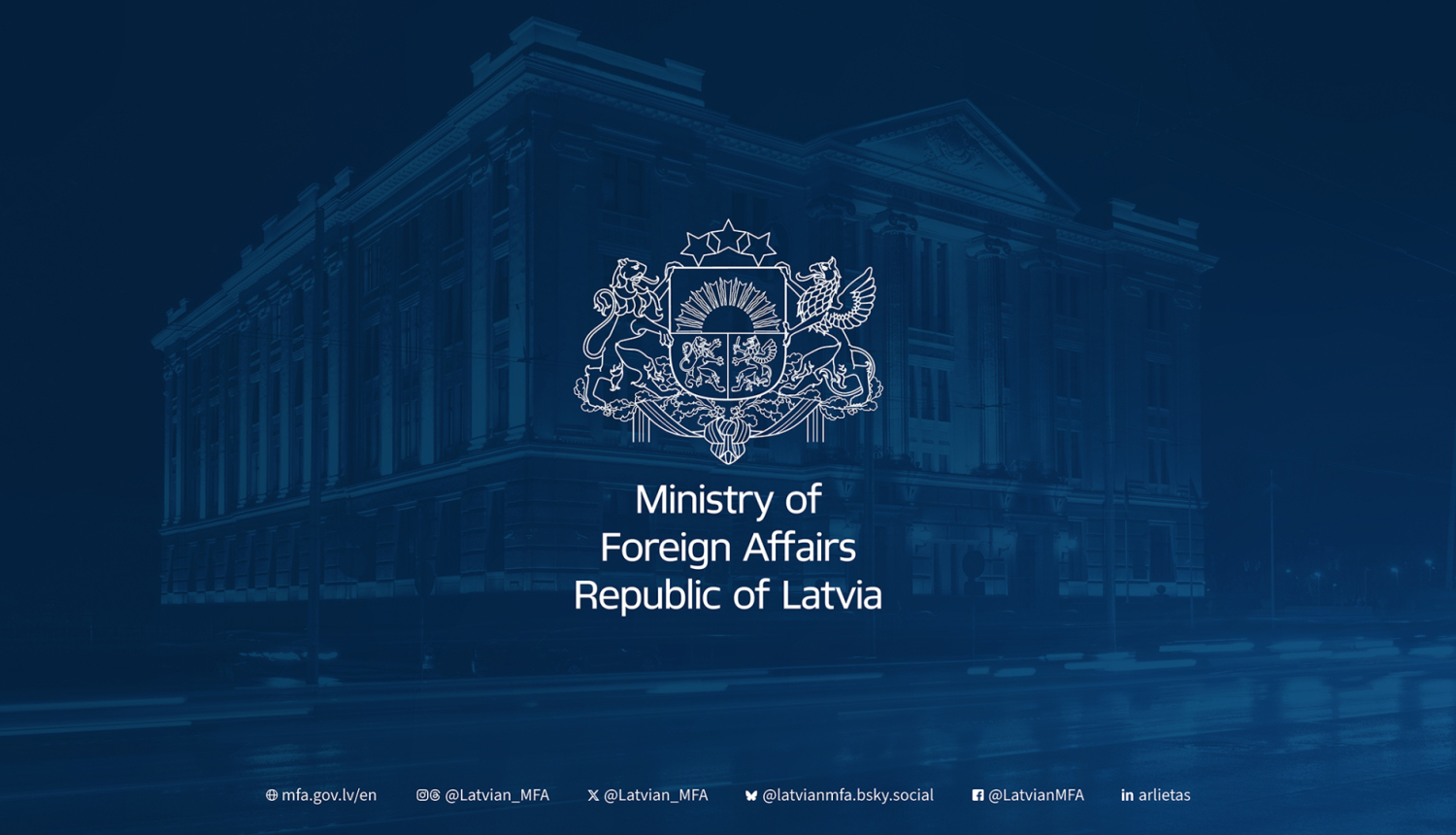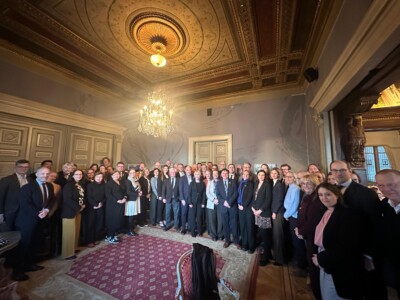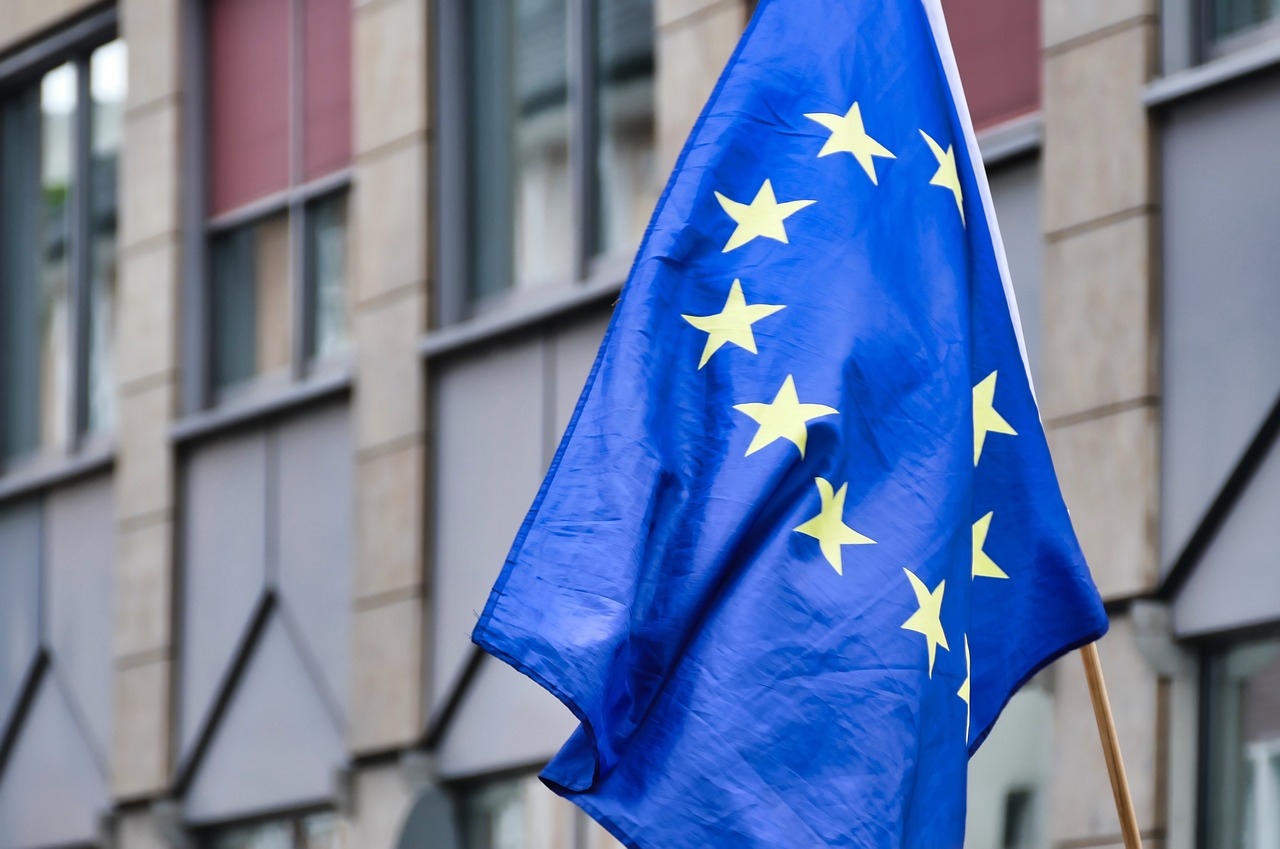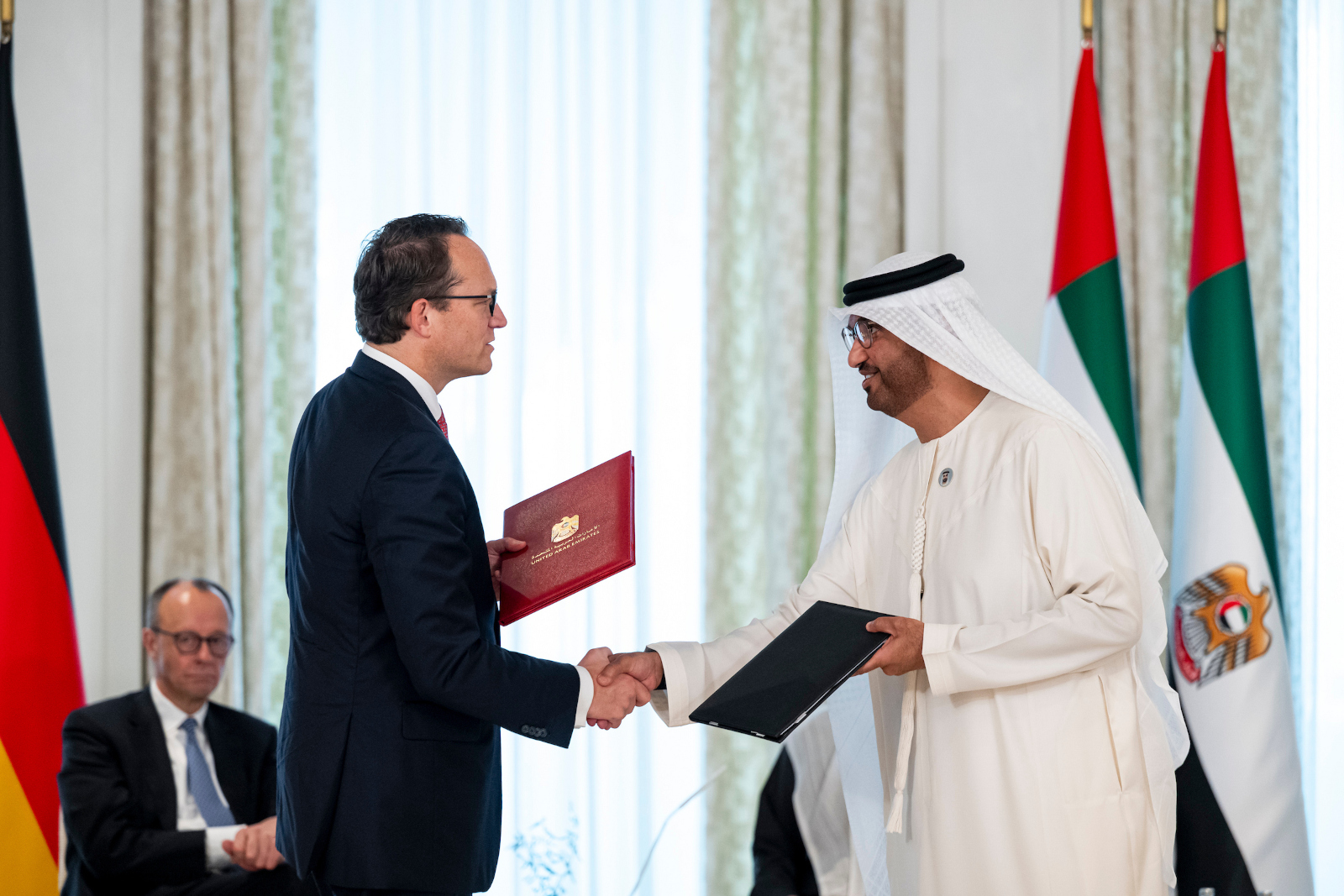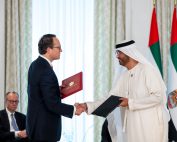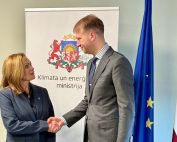On final reading on July 14, the Latvian Parliament approved amendments to the Energy Law and the Electricity Market Law prepared by the Ministry of Economics, contributing to strengthening Latvia’s energy security and independence. The new legislation will promote the development of RES, support energy efficiency and more active citizen participation in energy production.
Latvian Minister of Economy, Ilze Indriksone, pointed out that the government has cleaned up the energy sector to bet on RES production in the future. The new regulations will increase the ability of households and businesses to produce and consume their own energy. Regulations allow apartment and homeowners to agree on shared solar projects for self-consumption. The regulations are also intended to simplify the procedure for applying for permits for electricity generation facilities.
“The adopted changes are very important because at the same time a historic decision has been made to, starting next year, become completely independent from Russian natural gas supplies”, stated Minister Ilze Indriksone.
The adopted amendments to the Energy Law stipulate that Latvia will completely move away from Russian gas purchases as of 1 January 2023. Among other things, the amendments provide for the possibility of injecting biomethane into the transmission and distribution system.
A long-awaited framework for the development of energy communities has also been adopted to enable its members to participate in the production, sharing, consumption and storage of energy within the community.
At the same time, the amendments to the Electricity Market Law provide for the introduction of regulations on active users, electricity sharing, energy communities, and the expansion of the net-metering system, which can be used by both individuals and legal entities.
Payments to municipalities for wind farm development have also been introduced as a form of compensation for the inconvenience caused by wind farm development. The amendments stipulate that from now on permits for the introduction of power generation facilities will be required from the Ministry of Economics only if the planned generation capacity exceeds 500 kW (currently the limit is indicated at 11.1 kW).
In July 2022, the Ministry of Economics submitted to the Ministry of Finance a list of priority activities that will require additional funds from the state budget in 2023 in the total amount of €355,659,515, most of which is allocated to significant measures to strengthen energy security in the amount of €216,162,050. From this pot, €1,920,660 would be needed to launch the Latvian-Estonian joint offshore wind energy project (ELWIND).
The ministry noted that in the coming years it will be important for the Latvia to provide independent financing for energy efficiency measures and the transition to RES for entrepreneurs, which would not be dependent on funding interruptions from the European Union.


